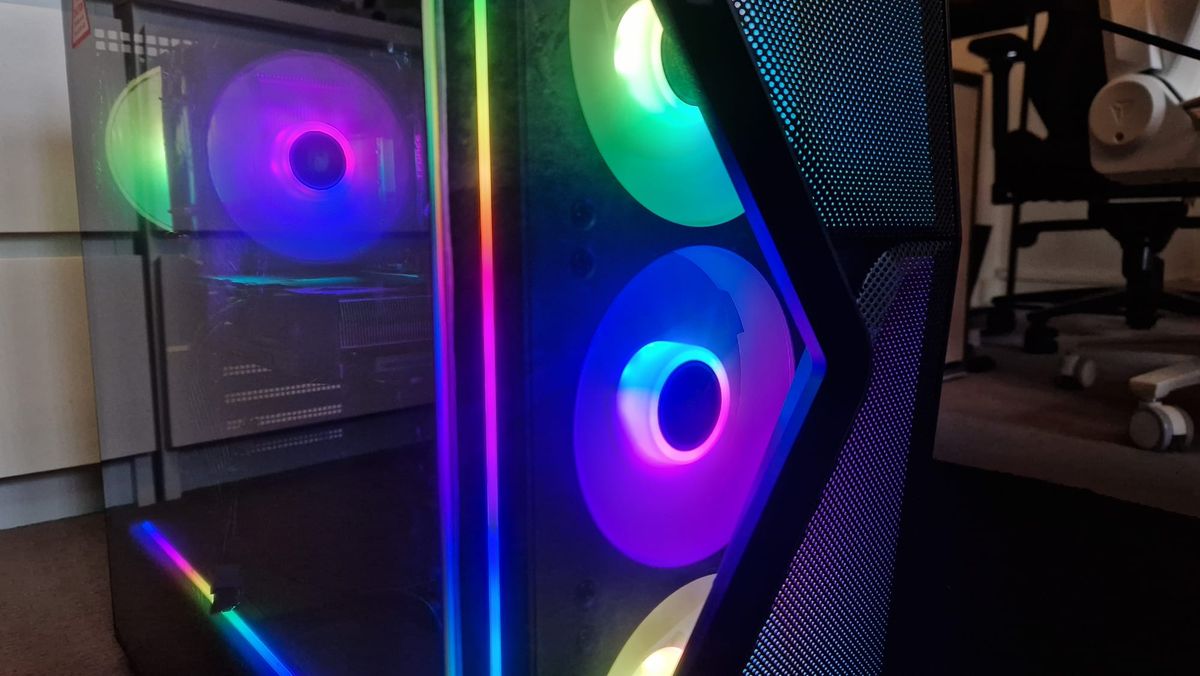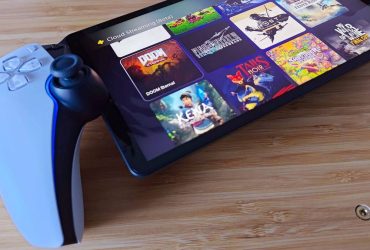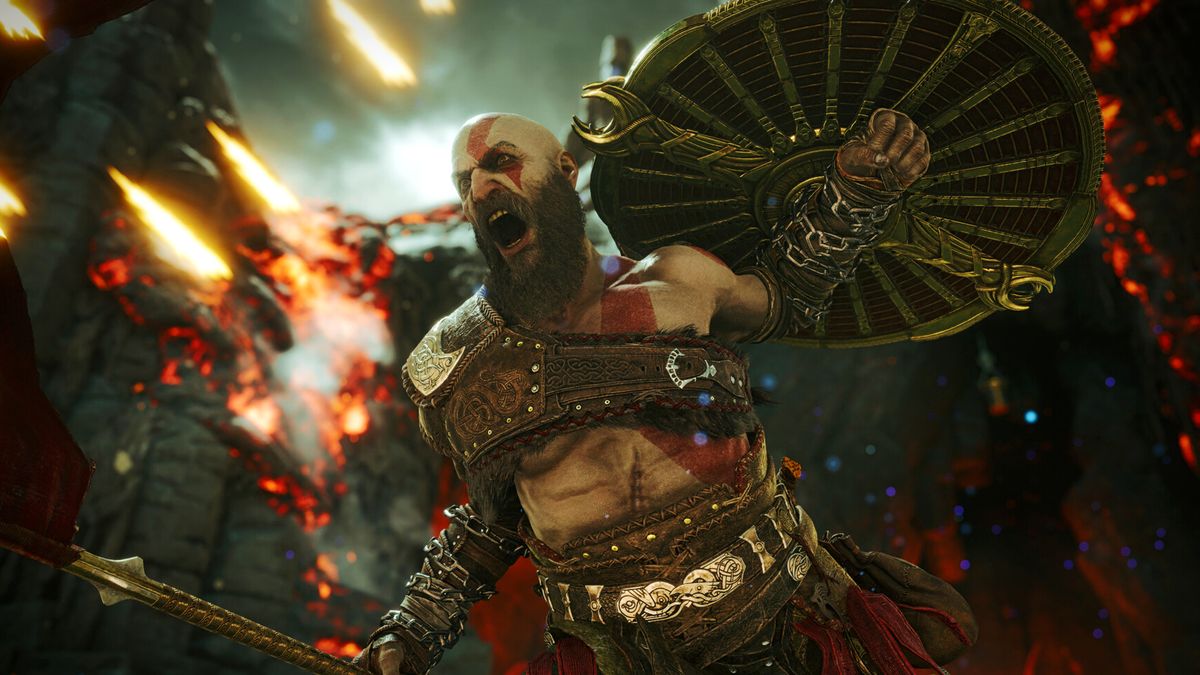If you ask me, the best gaming PCs are futureproofed, powerful enough to run today’s games, and priced fairly for their specs, not their manufacturer. That’s exactly what I look for every time I test a new rig, be it from a smaller brand or a flagship.
I’ve been reviewing all the latest gaming PCs for years now, and I’m on a hunt to find the greatest configuration of prebuilt components available in a prebuilt package. I’ve tested the ways RAM can impact gaming performance, I’ve benchmarked graphics cards, and made processors sweat. Along with all of that, I’ve assessed how these parts can play with one another inside full gaming PCs so that you know what makes one worth buying. In my testing here at GamesRadar+, there are a few systems that have really stood out.
The best gaming PC I’ve tested so far is the Maingear Zero Ruby, a beautiful clutter-free chassis with a massive range of components to choose from. There isn’t just one winner in this world, though, and this year’s holiday offers are driving down the expected prices of DDR5-compatible, 40 Series GPU-packing configurations to new lows. I’ve gathered all my favorite PCs across a range of price points and brands – from the monster that is the Alienware Aurora R16 to cheaper starter rigs like the iBuyPower Slate.
The 5 best gaming PCs
Today’s best Black Friday gaming PC deals
How I test gaming PCs

When I review a full gaming PC I tackle it in a few different ways. As you can imagine, there’s a lot to test out to make sure the full system is getting a workout. The graphics card and processor are pivotal for gaming, but the memory, storage, and cooling are all underrated, and before I come to a verdict, I need to see how all of these elements play with one another. While we’ve outlined how we test gaming PCs in our full hardware policy, I’ll give you another rundown here.
To begin with, there are general usage tests. For starters, I’ll pretty much adopt whichever PC I’m testing as though it was my own. This means using it for all my work tasks, as well as any content creation I do after hours. Yes, that means gaming too, and can mean playing loads of different types of games on it. Content creation can give gaming PCs a workout, with video editing and streaming being intensive tasks. I’ll do a mix of all of these things and look for certain metrics, or note down any problems I spot to do with temperature control or performance slow-downs.
Next, comes formalized software benchmarking tests that are designed to target each component of the PC. To test the CPU, we’ll use Cinebench, to test the RAM, we’ll check out some numbers and XMP profiles in the BIOS, as well as CPU-Z. SSD testing is done with CrystalDiskMark, and we use 3DMark to run the GPU and overall configuration of parts through its paces.
Finally, come the gaming-centric FPS stress tests. We use Hitman World of Assassination, Returnal, Total War: Warhammer 3, Shadow of the Tomb Raider, and Cyberpunk 2077 for these, and use their built-in benchmarking tests to compare a PC’s performance to other builds we’ve tested. We’ll crank all of the settings in these titles up to full, take a score, and then play around with ray tracing and DLSS to see how the results change.

Duncan Robertson
I’ve been reviewing gaming PCs for years now and joined GamesRadar+ as a Hardware Editor in 2022. Since then, I’ve had my hands full benchmarking, comparing, and configuring desktop PCs and their components across the full price spectrum. With a keen eye for value and the real-world benefits of each component, I’ve been hunting down the best PCs on the market for years.











Leave a Reply